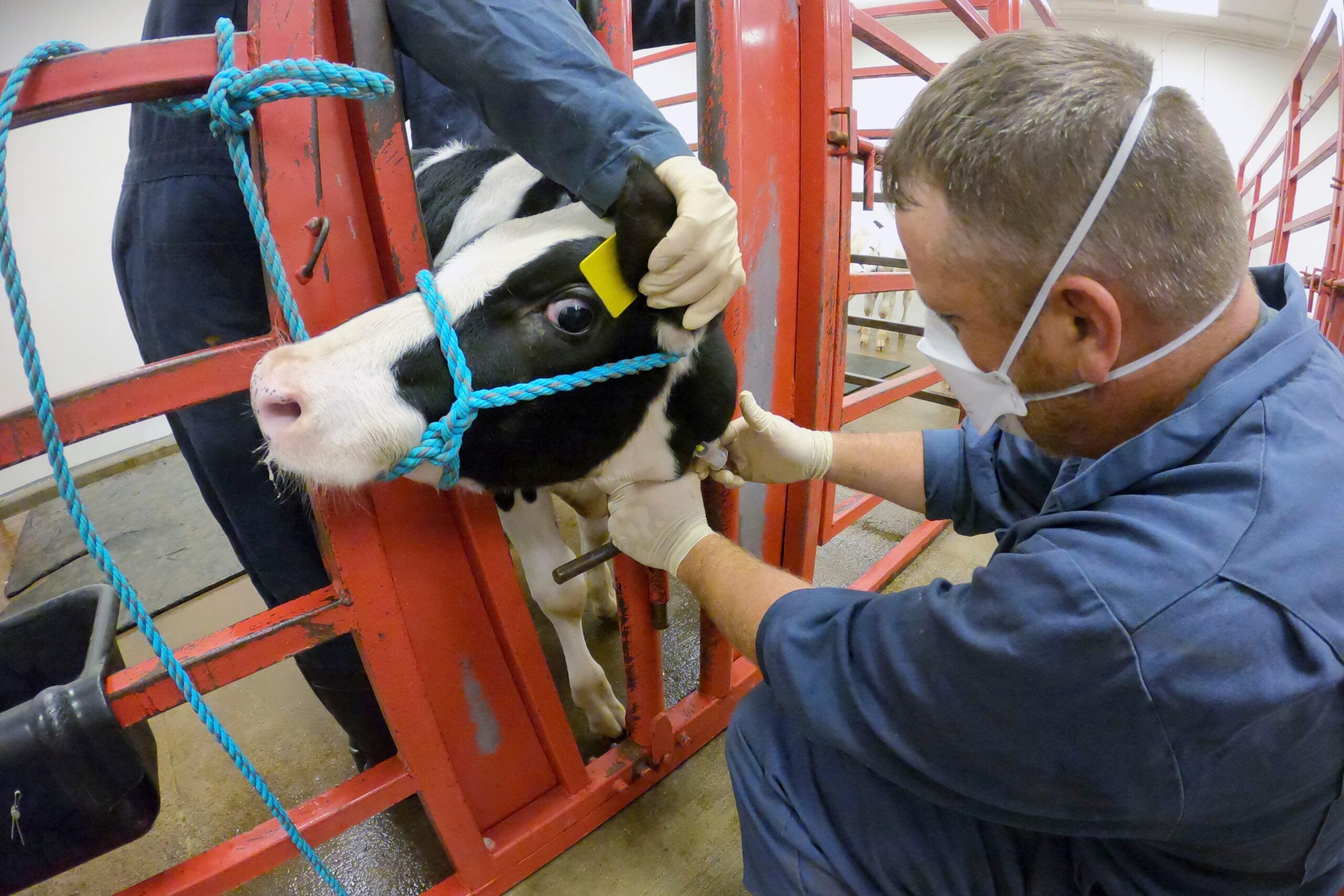Research indicates that everyday routines established in early infancy may significantly influence the risk of obesity later in life. In the United States, approximately 14.7 million children and adolescents aged 2 to 19 are currently living with obesity, according to the Centers for Disease Control and Prevention (CDC). This alarming statistic highlights the importance of understanding and identifying risk behaviors early, as children with obesity face a heightened risk of developing serious long-term health issues, including type 2 diabetes and cardiovascular disease.
Identifying routines that contribute to healthy weight management can be crucial. Researchers have pointed out that habits formed in infancy, such as dietary choices and physical activity levels, can have lasting effects. For instance, infants who have regular meal times and engage in active play are more likely to maintain a healthy weight as they grow.
Understanding Early Influences on Weight Management
The CDC emphasizes that early intervention is key in combating obesity. By focusing on the routines that shape a child’s lifestyle, parents and caregivers can potentially mitigate the risks associated with obesity. This involves promoting balanced diets and encouraging physical activities from a young age.
In addition to parental influence, societal factors also play a role in shaping children’s health behaviors. Access to healthy foods, safe environments for physical activity, and education about nutrition are critical components that can support families in fostering healthier habits. Furthermore, community initiatives aimed at promoting physical fitness and nutrition education can be vital in addressing these issues at a broader level.
The Long-Term Impact of Childhood Obesity
The implications of childhood obesity extend beyond immediate health concerns. Children who are obese are more likely to grow into adults with obesity, which can lead to chronic conditions, reduced quality of life, and increased healthcare costs. According to the CDC, the prevalence of obesity among children has tripled since the 1970s, illustrating the urgency of addressing this public health crisis.
By prioritizing healthy routines in early childhood, families can lay the groundwork for healthier futures. It is essential for healthcare providers to engage with families during regular check-ups, discussing the importance of physical activity and balanced nutrition.
In conclusion, establishing healthy habits early in life can significantly reduce the risk of obesity and its associated health complications. As the data from the CDC shows, the stakes are high, and proactive measures taken today can lead to healthier generations tomorrow.







